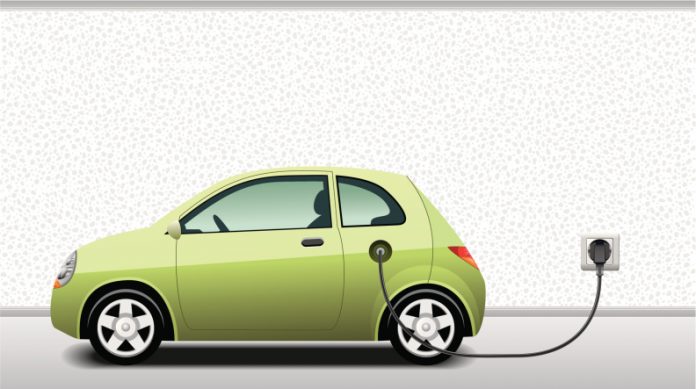An Idaho House of Representatives committee bill to more than double the electric vehicle registration fee failed to get out of committee after electric company Idaho Power raised concerns about the bill.
If the bill had passed, vehicle registration fees for electric vehicles would have increased from $140 to $300 per year. Electric vehicle owners could have opted instead to pay a 2.5 cents per mile tax and would have been required to report their annual mileage to the Idaho Transportation Department.
Proponents of the bill say the fee is necessary so electric vehicle users will pay their fair share of taxes for road upkeep, which overwhelmingly comes through federal and state gas taxes. Opponents argued the $300 registration is too high and would discourage electric vehicle use.
Power Company Opposed
Idaho Power has a bigger stake in the issue than the average electric vehicle owner.
The company’s fleet includes numerous electric passenger cars, hybrid-electric trucks, and electric utility vehicles.
Idaho Power has set the ambitious goal for its fleet of vehicles to be 75 percent electric passenger cars, 75 percent electric forklifts, and 35 percent electric “other” vehicles, including SUVs, by 2030. The company also plans to purchase only vehicles electric by 2030.
Approves Idea, Not Numbers
Electric vehicles should pay their fair share of road maintenance, but the fees in this bill seem high, says Baruch Feigenbaum, senior managing director of transportation policy at Reason Foundation.
“Generally, I like the idea of electric vehicles paying for their use of the roads, because all the rest of us are paying the federal gas tax and they’re not paying anything, but I will say $300 seems high to me for what they should pay,” Feigenbaum said. “I would say $200 is a little bit more in line.”
Feigenbaum says he prefers the bill’s alternative of a mileage-based user fee to a flat annual registration fee, but the proposed number is too high, he says.
“Again, I would say 2.5 cents per mile sounds a little high to me,” Feigenbaum said. “Generally, the equivalent for a gas tax would be 1.5 to 2 cents per mile.
“How we envision a mileage-based user fee is as a replacement for, not a supplement to, a gas-based tax—not a way to get additional revenue,” Feigenbaum said. “A lot of these sorts of bills are a way to increase the revenue.”
Concerns about privacy are a definite concern with a mileage-based tax, Feigenbaum says.
“Right now, there are nine states and two coalitions out there testing their own pilot programs for mileage-based user fees, and each one is looking at the privacy issue,” Feigenbaum said. “Most of the mileage-based user fee pilot programs have alternatives to the location tracking technology, whether it’s a flat odometer reading or some system that anonymizes where and when someone is driving.”
Calls for Balance
Higher registration fees for electric vehicles are justified because their owners pay little to nothing toward the upkeep of the roads and bridges they use, says former North Dakota state legislator Bette Grande, cofounder and CEO of the Roughrider Policy Center.
“Without higher registration fees, electric vehicles are being shown favoritism,” Grande said.
Finding the right fee is critical because it isn’t fair for some drivers not to pay for the roads they use.
“What Idaho is trying to do is find the balance so that if a driver is not going to pay the fuel tax for the utilization and upkeep for the roads and public safety, they’ll have another avenue so everyone pays for using roads,” Grande said.
“Everybody should pay for their use of the road,” Grande said. “Some states do it almost entirely through their registration, and they keep their gas tax low because the federal gas tax is so high.”
Reducing emissions is a separate issue, Grande says.
“The most important thing is that every state makes sure every vehicle on their roads helps pay for the upkeep and public safety, because every vehicle is responsible for road wear and tear and policing,” Grande said. “Emission levels have nothing to do with the upkeep and public safety of the roads.”


























